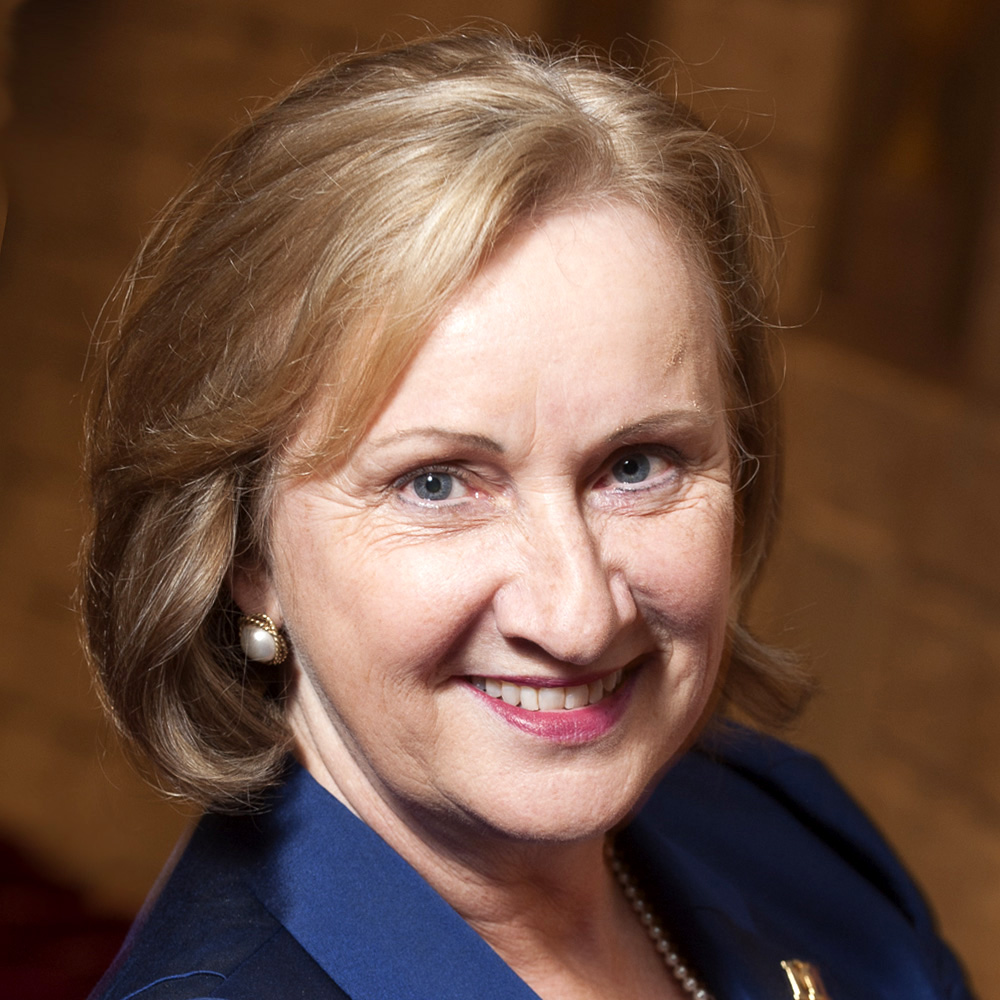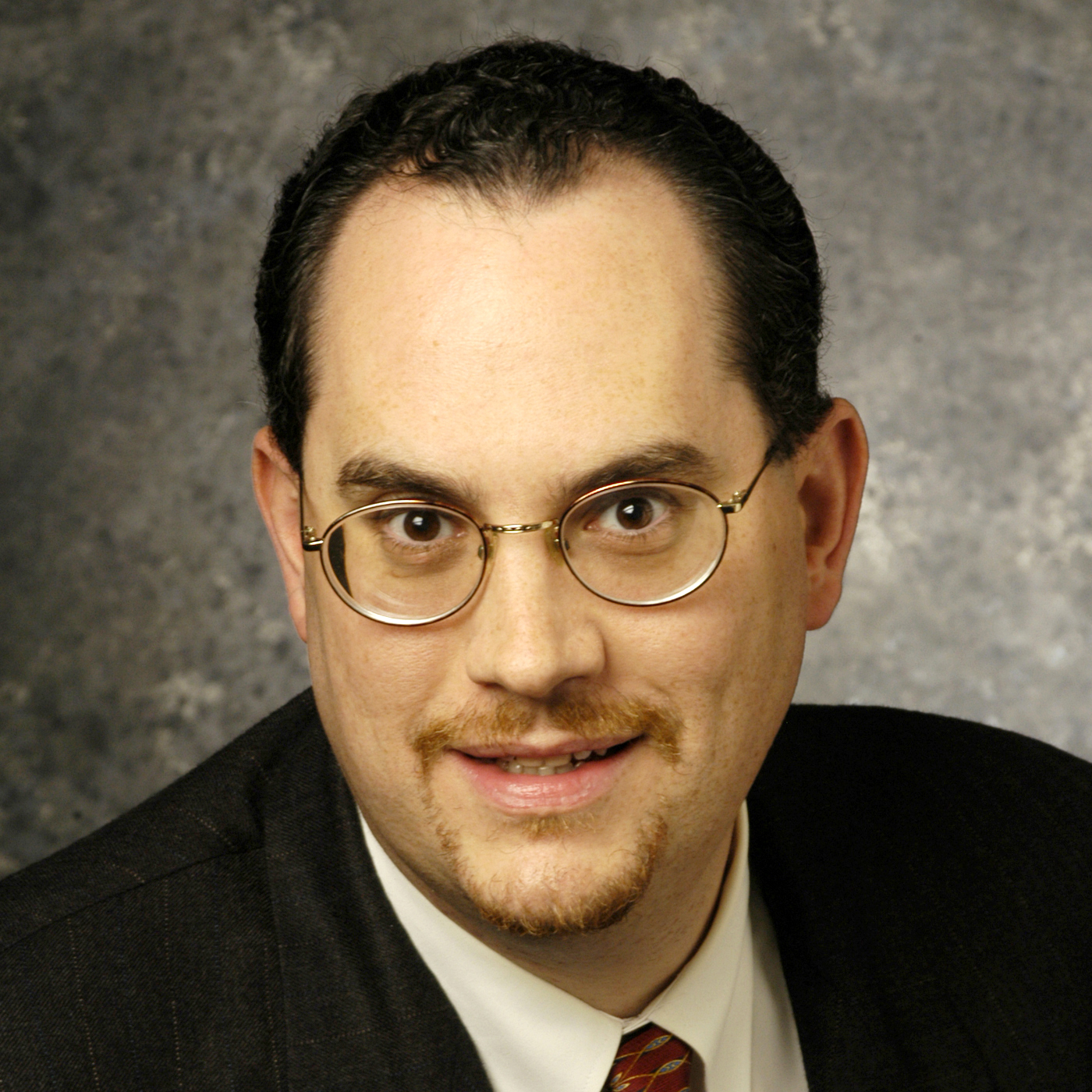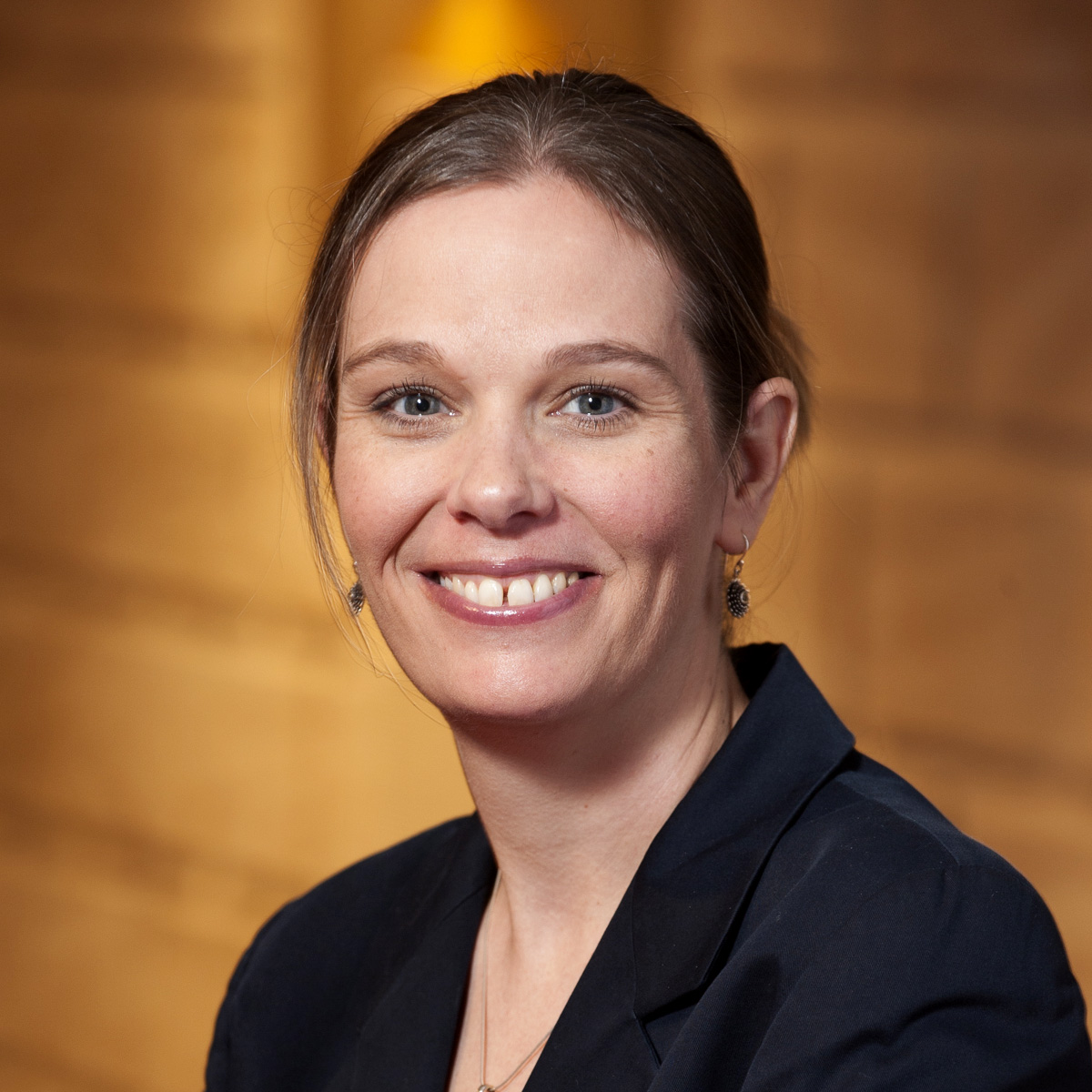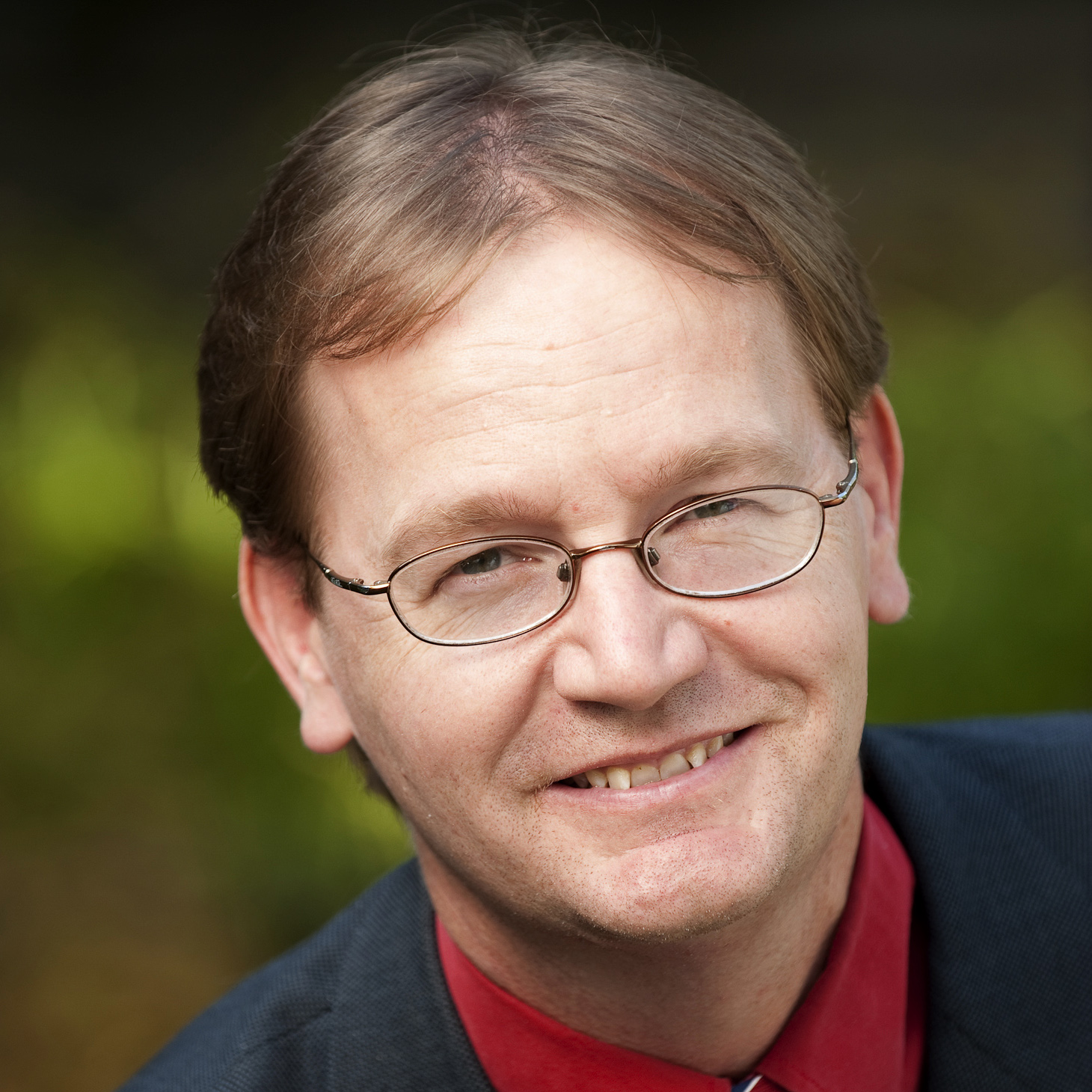As presidential race heats up, truth is the victim
SMU experts are available to discuss all the storylines connected to this weekend’s Republican South Carolina Primary and Democrat Nevada Caucus.
DALLAS (SMU) – SMU experts are available to discuss all the storylines connected to this weekend’s Republican South Carolina Primary and Democrat Nevada Caucus.
| “TRUTH IS THE VICTIM IN THIS ELECTION” | |
|
While voters were casting their ballots in the New Hampshire primary the night of Feb. 9, Kirk was organizing a focus group of likely South Carolina primary voters for CNN. The takeaway? Above all else, voters are angry. “On a panel of nearly 70 likely voters, 62 said that yes, they were angry, but they were all angry about different things,” Kirk says. “Some were angry about social security, others about national security – they were all over the board. So that was a really strong finding.” The word “liar” has increasingly been flung around between the candidates since New Hampshire, and Kirk’s polling reveals why. “I also asked them if they care whether candidates are truthful and would they vote against a candidate who wasn’t truthful,” Kirk adds. “They all said that yes, they did care about truthfulness, and yes, they’d vote against a dishonest candidate. But they also said it’s very difficult to sort out fact from fiction. They felt there was so much political wrangling – the noise was so high – they couldn’t make good determinations about who was telling the truth. “The big thing is, truth is the victim in this election,” Kirk concludes. Kirk is SMU professor of communication studies and director of the Maguire Center for Ethics & Public Responsibility who can discuss:
|
|
| OFT-IGNORED NEVADA COULD MASSIVELY DISRUPT DEMOCRATIC RACE | |
|
Not much attention has been paid to this weekend’s Democratic Caucus in Nevada, yet Wilson says the western state has more potential than South Carolina to change the shape of the presidential race. “If Sanders can win Nevada, it’s a game changer,” says Wilson, who pointed to polling that indicates Hilary Clinton and Bernie Sanders are running neck-and-neck. “Nevada is a state people said Bernie can’t win because of its significant minority population and strong party apparatus behind Clinton,” Wilson says. “If Bernie wins, then it becomes a genuine, nationally competitive race for the Democratic nomination.” Similar to Iowa, a slim Clinton lead wouldn’t mean nearly as much as a slim Sanders victory. “If Hillary wins narrowly, it doesn’t really change anything,” Wilson says. “We’d continue to slog on with her as the favorite, but him continuing to persist with no pressure to go gently into that good night.”
Wilson is an SMU associate professor of Political Science who can discuss:
|
|
| COULD THIS WEEKEND CONVINCE BLOOMBERG TO ENTER RACE? | |
|
With polling predicting a big Trump win in South Carolina and a down-to-the-wire Democratic race in Nevada, Martin says the one politician who might have the keenest eye on this weekend’s results is a man currently sitting on the sideline in New York: Michael Bloomberg. “I think Bloomberg is more serious about mounting an independent presidential run with every day that passes,” Martin says. “If Sanders wins, Bloomberg will be saying, ‘Clinton can really lose,’ and Trump looks unstoppable in his bid to be the Republican nominee.” Conventional wisdom, says Martin, suggests Bloomberg would peel more votes from the Democrats than the Republicans if he ran, guaranteeing a Trump victory in the general election – “but not one piece of conventional wisdom has born itself out this election cycle,” Martin adds. “According to conventional wisdom, Bloomberg would never be able to pull off a successful presidential bid,” Martin says. “But according to conventional wisdom, neither can Bernie or Trump.” Martin is an SMU assistant professor of Communication Studies in the Meadows School of the Arts who can discuss:
|
|
| AS TRUMP IRKS PARTY ELDERS, WILL GOP STRIKE BACK? | |
|
Donald Trump’s no-holds-barred political style is attracting more moderates and independents to the Republican party, says Voth, but that doesn’t mean party leaders are happy about it. “This comes at severe cost to conservatives within the RNC,” Voth says. “Major conservative leaders such as Mark Levin and Rush Limbaugh have criticized Trump as not being really conservative. Trump’s directed attacks on President Bush regarding 9/11 and Iraq struck many conservatives as left-wing.” Voth raises the question: When might traditional Republican Party brokers coalesce around an alternative candidate and fight back? “There’s a widespread consensus that there’s a larger block of Republican voters not voting for Trump than voting for him” Voth says. “Is there anything left in the RNC machine to organize those voters behind a single candidate and against Trump? If Trump wins South Carolina, that will establish some strong momentum for him. Stopping him will become difficult if Republican opposition doesn’t coalesce.” Voth is SMU’s director of debate and an associate professor of corporate communications and public affairs Can discuss:
|
|
# # #
SMU is a nationally ranked private university in Dallas founded 100 years ago. Today, SMU enrolls approximately 11,000 students who benefit from the academic opportunities and international reach of seven degree-granting schools.
21463-nr-2/19/16-kr



